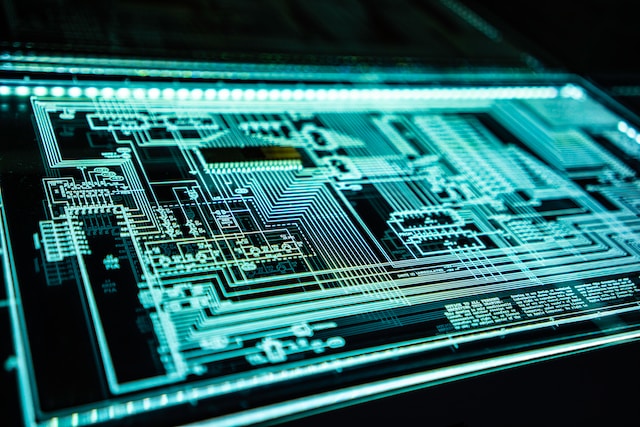Philadelphia has voted unanimously to ban the production of firearms using 3D printers, becoming the first U.S. city to make printing any firearm or “any piece thereof” illegal. Councilman Kenyatta Johnson, author of the legislation, said he isn’t aware of any 3D printing of guns happening in the city but says the ban is rather “preemptive.”
Mayor Michael Nutter is expected to sign the bill into law by the end of the year. Violators could face fines up to $2,000.
But the bill doesn’t come without controversy and has sparked criticism for being vague and lacking enforceability. Last May, Nick Vadala from Philly Mag wrote on the availability of 3D printers in relation to firearms. “Your average 3-D printer costs anywhere from $1,500 to $8,000 and up, plus the cost of printing materials. Your average handgun could go for as little as $300 or less, even on the black market,” he said.
“Bombs, like the ones used recently in Boston, are frequently entirely homemade and constructed of legal materials. So, really, a 3-D printed piece isn’t exactly a better option to do wrong right now.”
Passing law on firearms is also not with the remit of city councils in the US. The law quoted on the Pennsylvania General Assembly websites states: “No county, municipality or township may in any manner regulate the lawful ownership, possession, transfer or transportation of firearms, ammunition or ammunition components when carried or transported for purposes not prohibited by the laws of this Commonwealth.” (Read in full here)
Johnson and Philadelphia’s vote to ban 3D-printed guns appears well-intentioned, if only “preemptive” but has a lot of creases in need of ironing out.
3D-printed guns caused outrage earlier this year when a company in Texas published blueprints for making your own 3D-printed gun, bringing the practice into a moral debate. 3D printing has been called the most exciting technological advancement of this generation with NASA using the method to print repair parts for space vessels and medical researchers looking into printing human organs.
Like any new industry, 3D printing will require regulations to a degree, especially when it comes to firearms. As it stands now, laws appear ill-equipped to tackle the issue efficiently and will need revision as the technology becomes more and more mainstream.







